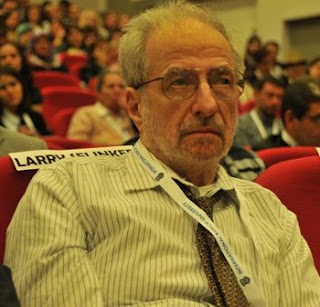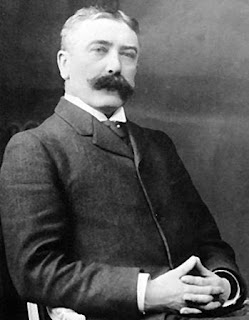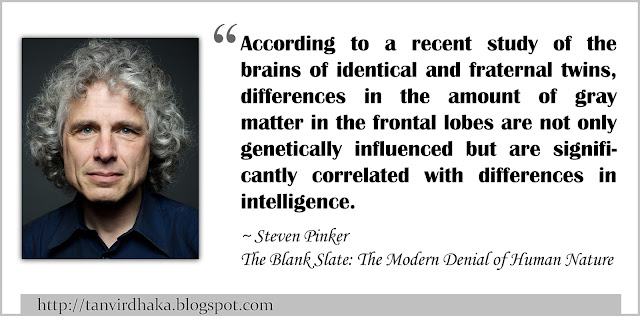Larry Selinker (1937) is an American linguist and the world’s most influential Second Language Acquisition (SLA) theorist.
Profile
- Birth Name: Larry Selinker
- Date of Birth: September 19, 1937
- Zodiac Sign: Virgo
- Nationality: American
- Spouse: Phyllis Selinker
- Children: Mike Selinker
- Alma Mater: Brandeis University, The American University, Georgetown University.
- Larry Selinker is known for: his concept of interlanguage which helped to found the field of Second Language Acquisition.
- Larry Selinker is criticized for: limited explanatory power of his interlanguage theory.
- Larry Selinker was influenced by: Pit Corder.
Quotes
“[t]he process of learning a second language (L2) is characteristically non-linear and fragmentary, marked by a mixed landscape of rapid progression in certain areas but slow movement, incubation or even permanent stagnation in others. Such a process results in a linguistic system known as ‘interlanguage’.” ― Larry Selinker, “Interlanguage” (1972)
Major Works
- “Language Transfer” (1969)
- “Interlanguage” (1972)
- Workbook in Second Language Acquisition (1984)
- Rediscovering Interlanguage (1991)
- Second Language Acquisition: An Introductory Course (1993)
- The Current State of Interlanguage: Studies in Honor of William E. Rutherford (1995)
- Second Language Learning Data Analysis : Teachers Manual (1998)
Did You Know?
- Larry Selinker is chiefly noted for his concept of interlanguage theory, which paved the way for laying the foundation of modern research into SLA.
- He proposed his interlanguage theory in his paper “Interlanguage” which appeared in the January 1972 issue of the journal International Review of Applied Linguistics in Language Teaching.
- His paper, “Language Transfer” first appeared in a 1969 edition of General Linguistics.
- His interlanguage theory is also known as compromise system, approximative system, idiosyncratic dialect, learner language, and transitional competence.
- Although Selinker has been credited for postulating the interlanguage theory, in essence, he based it upon Pit Corder's previous work on the nature of language learners' errors.
- Selinker’s interlanguage focuses on the linguistic and psychological aspects of SLA research.
- Selinker earned his doctorate degree from Georgetown University in 1966.
- He was the assistant professor of linguistics and the director of English for foreign students from 1966 to 1975 in the University of Washington.
- Selinker held the position of director of the University of Michigan’s English Language Institute from 1977 to 1982.
- At University of Michigan he designed a course entitled “The Good and Bad Language Learner” which was widely popular amongst undergraduate students.
- He was also a Professor of Linguistics in the University of Michigan until his retirement in 1993.
- After his retirement the Regents of the University of Michigan awarded Professor Selinker an emeritus title.
- His son Mike Selinker is a well-known game designer and puzzle maker.
- His wife, Phyllis Selinker is an attorney specializing in pro bono services.













